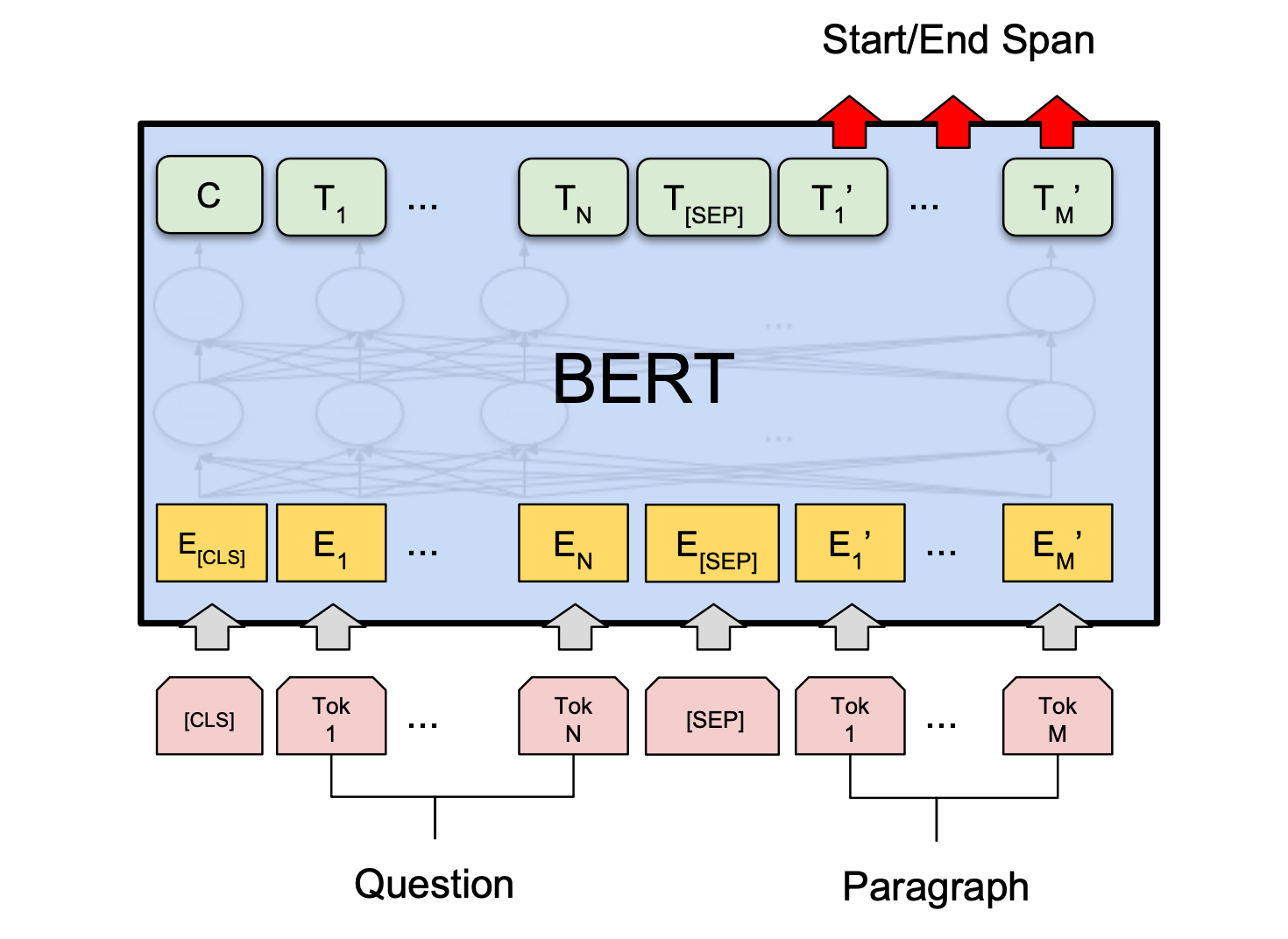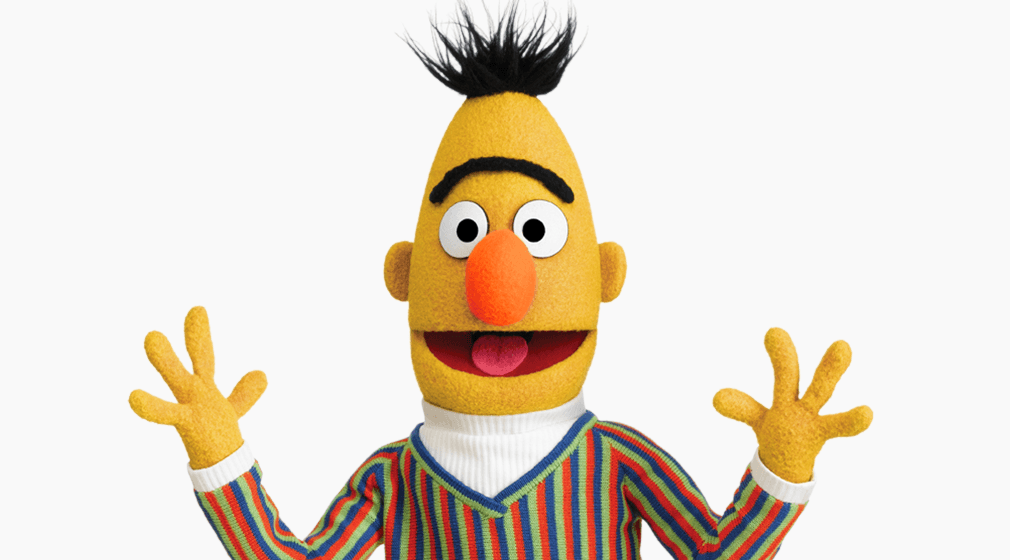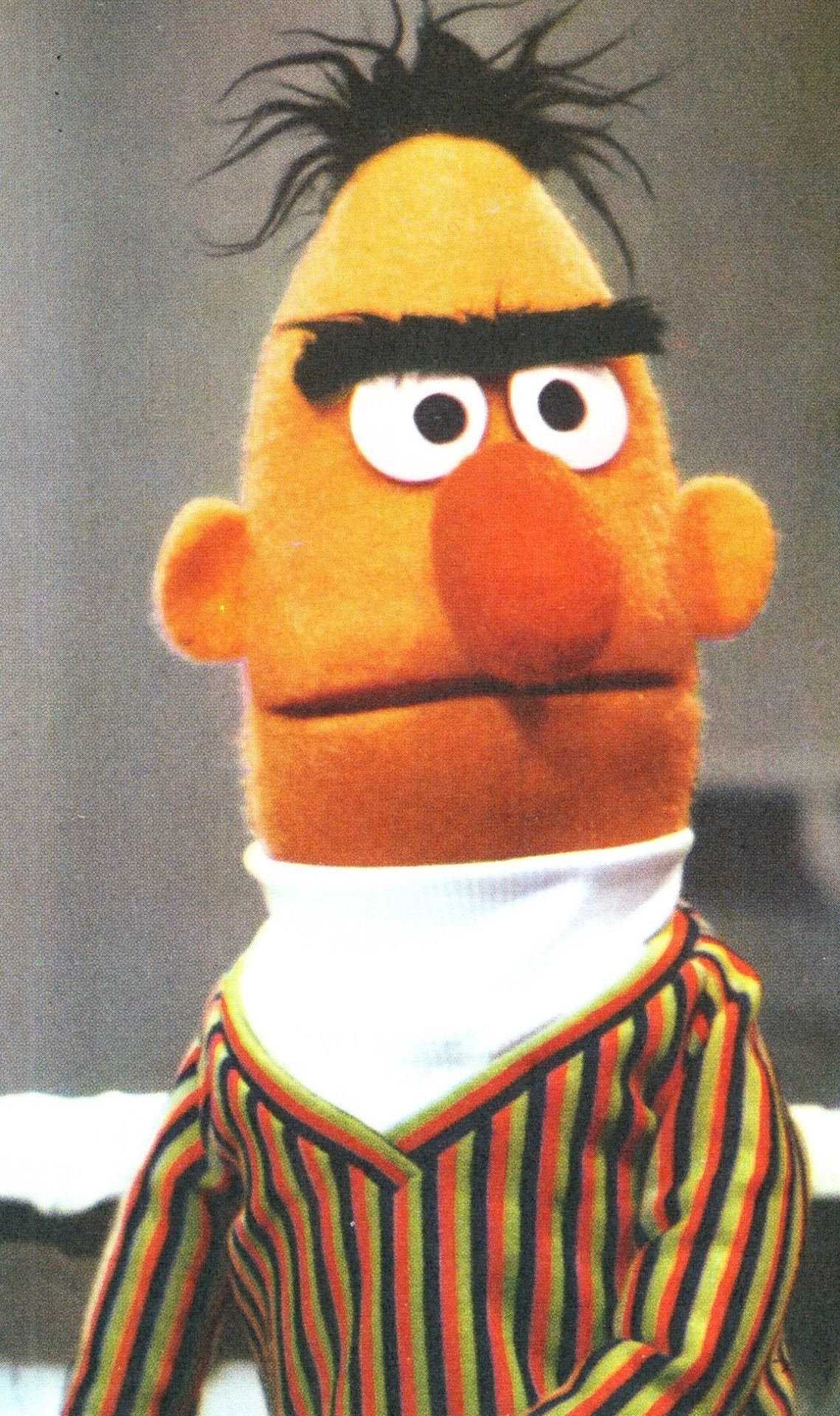When we think about public figures, especially someone like Bert Kreischer, it’s quite natural to wonder about their deeper beliefs and, you know, what truly makes them tick. People often ask, "Is Bert Kreischer conservative?" This sort of question, really, gets at how we try to make sense of the many things a person says and does in the public eye. It’s almost like trying to piece together a very big puzzle, where every joke, every story, and every appearance gives us just a little bit of information. We’re all, in a way, trying to get a good handle on the full picture, aren't we?
Figuring out where someone stands on political matters, like whether they lean conservative or otherwise, isn't always a simple, straightforward task. Public figures, after all, often present a persona, a public face, and their words can sometimes be taken in different ways. It takes a bit of careful thought, a kind of looking at things from all sides, to even begin to form an idea. You have to consider not just the words themselves, but also the situations they were said in, the way they were delivered, and what might have been implied.
This process of making sense of spoken and written words, of understanding all the subtle cues and connections, is something we humans do without even thinking about it, naturally. But what if we had a way to break down this process, to really examine how we arrive at our conclusions? What if there were a kind of framework, or a method, that could help us look at all the pieces of information and see how they fit together, giving us a clearer view of someone's overall message and, perhaps, their underlying viewpoints? It's about, basically, trying to get a more complete grasp of the communication.
- Securely Connect Raspberry Pi With The Vpc Network And Remoteiot P2p
- How To Remotely Connect To Raspberry Pi
- Raspberry Pi Enable Remote Access
- Remote Raspberry Pi Iot Projects
- Kyd Duchovny
Table of Contents
- Getting to Know the Person Behind the Laughter: A Look at Bert Kreischer
- How Do We Figure Out Someone's Stand on Things?
- Is Bert Kreischer Conservative - The Role of Context in Understanding Public Figures
- What Does "Bidirectional Encoder Representations" Mean for Understanding Bert Kreischer's Views?
- Can a Language Model Help Us Understand if Bert Kreischer is Conservative?
- What About Those Other "Bert" Incidents?
- Why Does Understanding Language Help Us Figure Out "Is Bert Kreischer Conservative"?
- Summing Up How We Approach the Question of "Is Bert Kreischer Conservative"
Getting to Know the Person Behind the Laughter: A Look at Bert Kreischer
When someone asks, "Is Bert Kreischer conservative?", they're really trying to understand the individual behind the performances, the person whose words and actions shape their public image. It's a way of trying to connect with the artist on a deeper level, to see if their personal leanings align with, or perhaps differ from, the expectations we might have based on their work. This kind of inquiry is, you know, a very common part of how audiences engage with celebrities. We often want to know more than just what they do; we want to know who they are, in some respects.
Trying to understand a public figure, especially one known for comedy, can be a bit like trying to read between the lines of a very long, ongoing story. Their life, their career, the way they present themselves – all these pieces contribute to the overall picture we form. It’s not just about what they say directly, but also how they interact with the world, the themes they explore in their material, and the general atmosphere they create around themselves. All of these things, basically, add up to our perception.
Personal Details and Public Persona
To truly get a sense of someone, it helps to consider various aspects of their background and how they choose to show themselves to the world. When we think about a person like Bert Kreischer, for example, we're considering the details that make up their life story and the way they've shaped their public identity. This kind of information helps us build a more complete idea of who they are, providing a sort of foundation for any further analysis. You know, it gives us a starting point, really.
- Savannah Bond
- Raspberry Pi Remote Console App
- Ella Purnell Father
- Is Baron Trump A Singer
- Iot Remote Management Tool Online
While specific personal details about Bert Kreischer's life or his precise biographical information are not present in the reference material we're working with, we can still talk about the *types* of information that would be helpful in forming an opinion about whether "Is Bert Kreischer conservative." Imagine, if you will, a collection of facts and observations that help paint a picture of a person. This would typically include things like their beginnings, their journey through their chosen field, and the way they come across to audiences. Such elements, basically, form the basis of their public persona. Here's a general idea of the kinds of things that would be considered:
| Category of Detail | Information Type (Not specific data from source) |
|---|---|
| Birth Details | Place and time of birth, early life influences |
| Career Path | Professional journey, significant roles, and artistic development |
| Public Persona | How they are generally perceived by the public, their characteristic style or approach |
| Key Works | Notable contributions, projects, or performances that define their career |
| Family Life | General aspects of their personal relationships, if publicly shared |
| Interests & Hobbies | Personal pursuits or passions that might reveal aspects of their personality |
This table, in a way, shows the kinds of elements one would usually gather to create a comprehensive profile. It's about collecting various pieces of the mosaic that form an individual's public image, rather than, you know, just focusing on one small part. Every bit of information, even seemingly small ones, can contribute to a larger picture of who a person is and, potentially, what their leanings might be. It’s a bit like assembling a complex jigsaw puzzle, honestly.
How Do We Figure Out Someone's Stand on Things?
When people ponder "Is Bert Kreischer conservative," they're essentially trying to decipher a person's underlying beliefs from their public output. This task, you know, isn't unique to celebrities; we do it with friends, colleagues, and even politicians. It involves a process of interpretation, where we take in words, actions, and reactions, and then try to connect them to broader ideas or categories. It’s about making sense of the signals a person sends out, really.
The way we go about this, more or less, is by looking for patterns and consistencies. We listen to what someone says over time, how they respond to different situations, and the general tone they adopt. It's not just about one statement, but rather the collection of many statements and behaviors. This continuous gathering and processing of information helps us build a mental model of that person's viewpoint. It's quite a complex mental operation, actually.
The Way We Process Words and Ideas
Our brains are, basically, incredible at processing language. When someone speaks or writes, we don't just hear or read individual words; we instantly connect them to form meaning. This ability to understand how words fit together, how one idea flows into another, and how context shapes what's being communicated, is fundamental to how we make sense of the world. It’s how we understand, for example, a joke, or a serious declaration, and how we tell the difference between them. This is, you know, pretty important for figuring out if Bert Kreischer is conservative.
A really interesting concept, in this respect, is something called "bidirectional encoder representations from transformers," or BERT for short. Now, this is a system that was introduced in October 2018 by some very smart folks at Google. It's a kind of language model that has learned to represent text in a very clever way. The main idea behind it is that it looks at words not just in isolation, but by considering the words that come before and after them. This means it gets a much richer sense of meaning, which is pretty useful when you're trying to understand ambiguous language or figure out if one sentence naturally follows another. It helps automate language understanding, making it easier for systems to grasp what people are saying, which is a bit like what our own minds do when we're trying to figure out someone's stance.
Is Bert Kreischer Conservative - The Role of Context in Understanding Public Figures
When the question "Is Bert Kreischer conservative" comes up, the answer, if there is one, really depends on how well we understand the context surrounding his words and actions. Context is, arguably, everything when trying to figure out someone's true leanings. A phrase that means one thing in a comedy club might mean something else entirely in a political debate. The setting, the audience, the speaker's intent – all these things play a huge part in how we interpret what's being said. It's like, you know, reading a script without knowing the play.
Without a proper grasp of context, it's very easy to misinterpret statements or behaviors. Someone might make a joke that touches on a political topic, and without understanding that it's a joke, or the specific style of humor involved, it could be taken as a serious political declaration. This is where the ability to consider the whole situation, not just isolated words, becomes absolutely vital. It’s about looking at the bigger picture, in some respects.
Decoding Ambiguous Language
Public figures, especially comedians, often use language that can be, well, a bit ambiguous. They might employ sarcasm, irony, or exaggeration, which can make it hard to tell what their actual opinion is. This is where understanding context from the surrounding words and phrases becomes so important. A system that can look at words from both directions, considering what comes before and what comes after, helps to make sense of these unclear expressions. It's about getting to the heart of what's really being communicated, even when the surface meaning is a little hazy. This kind of ability is, basically, key to answering "Is Bert Kreischer conservative" with any real depth.
This approach, which is similar to how a sophisticated language model operates, helps us predict missing words or fill in the blanks in a sentence. It also helps us predict whether one sentence logically follows another. By doing this, it builds a richer picture of the overall message, allowing for a more accurate interpretation of potentially unclear language. It’s a very smart way to deal with the nuances of human communication, honestly, and something our own minds do quite naturally, too.
What Does "Bidirectional Encoder Representations" Mean for Understanding Bert Kreischer's Views?
The phrase "bidirectional encoder representations from transformers" might sound a bit technical, but when we apply its core idea to understanding someone like Bert Kreischer, it really just means looking at information in a very comprehensive way. It's about processing words and ideas by considering them in relation to everything around them, both what came before and what comes after. This is quite different from just reading a sentence from left to right, like we usually do. It allows for a much deeper grasp of meaning, which is pretty useful when trying to figure out if Bert Kreischer is conservative.
Imagine trying to understand a complex conversation. You wouldn't just listen to the last word someone said, would you? You'd consider their whole statement, the statements that led up to it, and even what you expect them to say next. This "bidirectional" approach is about taking in all those pieces of information at once, building a more complete picture of the message. It helps to clarify ambiguous language by using the surrounding context, which is, you know, absolutely essential for public figures.
Looking at the Whole Picture, Not Just Bits and Pieces
When we're trying to discern someone's political leanings, like whether "Is Bert Kreischer conservative," it’s never about one isolated comment or one specific joke. It’s about the entire body of their work, their interviews, their interactions, and how all these elements weave together. A system that learns to represent text in this way, by looking at the full sequence and understanding the relationships between different parts, is much better at capturing the true essence of a person's communication style and underlying beliefs. It's a way of automating language understanding, making it easier to grasp the nuances.
This approach helps us avoid jumping to conclusions based on partial information. It encourages us to gather as much relevant data as possible and then process it with an awareness of how each part influences the others. It’s about recognizing that a person’s public identity is, essentially, a rich tapestry of words and actions, and that understanding it requires a broad, interconnected view. This is a bit like what a deep learning language model does, designed to improve the efficiency of understanding human speech.
Can a Language Model Help Us Understand if Bert Kreischer is Conservative?
The idea of using a language model to help figure out if "Is Bert Kreischer conservative" might seem a little strange at first, but think about what these systems are designed to do. They are frameworks for natural language processing (NLP) that help computers understand ambiguous language by
Related Resources:



Detail Author:
- Name : Laurine Baumbach
- Username : tmonahan
- Email : genoveva73@hotmail.com
- Birthdate : 1972-09-15
- Address : 950 Witting Trafficway Walshfort, NY 31835-9095
- Phone : (712) 872-1917
- Company : Zemlak, Champlin and Pouros
- Job : Artillery Crew Member
- Bio : Recusandae molestiae in maxime dolores adipisci perferendis illum. Vel fugiat eligendi sequi nam aut.
Socials
linkedin:
- url : https://linkedin.com/in/tyra.dietrich
- username : tyra.dietrich
- bio : Perferendis unde mollitia eaque ipsa.
- followers : 1250
- following : 2133
facebook:
- url : https://facebook.com/tyra4571
- username : tyra4571
- bio : Veritatis ipsam est dolorem placeat. Sit non ullam incidunt ab.
- followers : 6310
- following : 509
twitter:
- url : https://twitter.com/tyra.dietrich
- username : tyra.dietrich
- bio : Sint quia praesentium qui aspernatur aut ipsum. Dolores sed voluptatem iste. Fuga corrupti vitae dolorem.
- followers : 879
- following : 2827
instagram:
- url : https://instagram.com/tdietrich
- username : tdietrich
- bio : Expedita porro possimus deleniti et. Qui non in doloribus voluptatem.
- followers : 1254
- following : 1368
tiktok:
- url : https://tiktok.com/@dietricht
- username : dietricht
- bio : Distinctio qui voluptates tempore eum est a labore.
- followers : 6997
- following : 1621